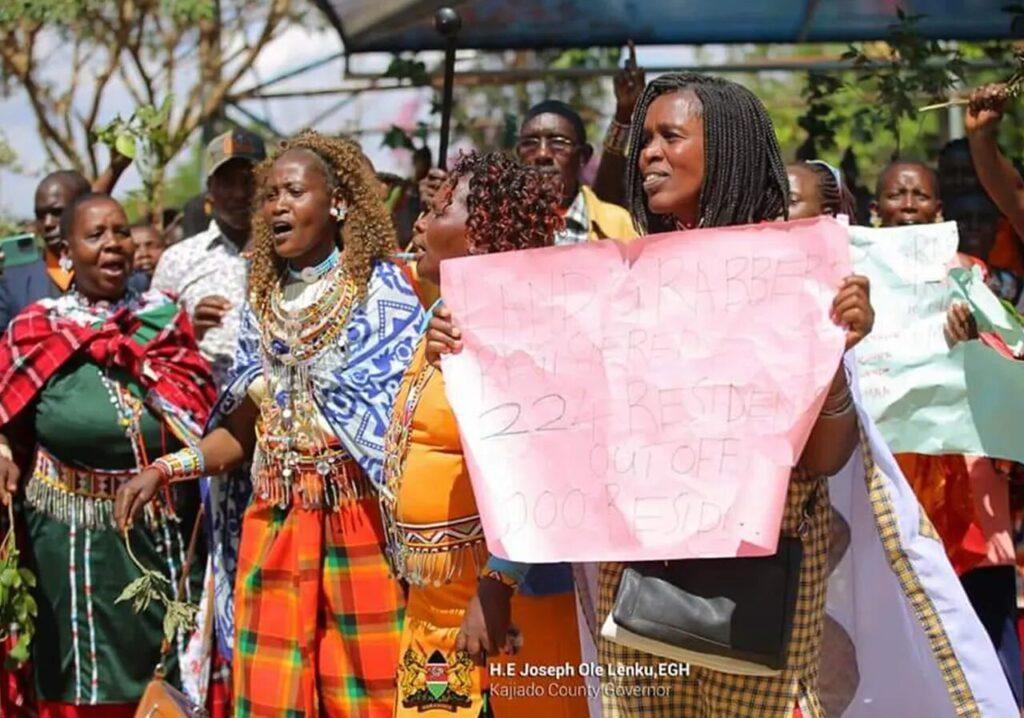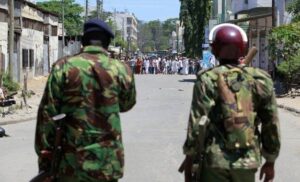
Share
By Joan Njeru.
In 2022 August Elections, Huge nomination fees demanded by political parties hindered women participation in politics. Financiers of politicians especially in Kajiado County preferred male political aspirants compared to female ones based on the societal value assumption that political activities were masculine and male candidates were believed to stand better chance of winning elections. Lack of educational opportunities for women was one of the biggest hindrances in political participation.
The analysis of the responses from Kajiado County revealed that low education levels had deterred women from full political participation. Underrepresentation of women in political seats or decision-making at the political party level meant that the policies formulated were not geared towards the political welfare of the women, developments in the role of women and the supportive Constitutional provisions had translated to a discernible increase in the number of women in boards in Kenya, community’s perception of the female was largely negative and as such, women were regarded as mothers to an extent that this darkened their political participation and that subordination of women at the family level was more pronounced in the County of Kajiado, as the structure of these families was patriarchal meaning that they were male dominated.
According to Mrs Nasaipei Mulo “Societal norms were one of the biggest hindrances to women participation in politics”. Marriage boosted the chances of men to win an election compared to the single marital status while it had a strong negative effect on the women. Lack of transparency during the nomination process translated to low levels of women participation in primaries. Lack of the management framework to support free, fair and credible primaries pushed women to join smaller parties, which were not known reducing their chances of emerging winners. Majority of the women did not have time to concentrate on a political career.
Mr Olenuka member of Kajiado Boda Boda Group reiterated “that political parties be pressured by women’s groups, party members, and representatives to include gender equality policies into their political programmed.”
This report has been published by Bus Radio in partnership with Code for Africa, KCOMNET, the German Cooperation, and the Catholic media council under the #OurCountyOurResponsibility project.


